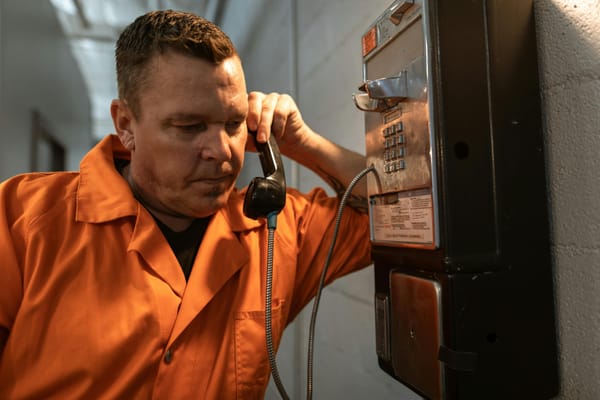FCC Permit ‘Shot Clocks’ Provides ‘Predictability’ to Wireless Infrastructure Builds: T-Mobile
Shot clocks are important to industry players, argued T-Mobile’s Tim Halinski.

WASHINGTON, November 8, 2022 – Panelists on a Federal Communications Bar Association web panel discussed Monday whether benefits of the Federal Communications Commission’s “shot clocks,” which limit how long states and local governments can review wireless infrastructure applications, outweigh the increased pressures they place on state and local governments.
A shot clock’s deadline puts pressure on city officials’ negotiations with providers over the terms of infrastructure projects, said Nancy Werner, partner at Bradley Werner, LLC, a telecommunications legal and consulting firm. They also “put a lot of pressure on local governments…to make sure (they) have a reason to deny” a provider’s application if an agreement cannot be readily reached, Werner added.
Tim Halinski, corporate counsel for T-Mobile, argued Monday that shot clocks are important to industry players, although he acknowledged the validity of Werner’s concerns. T-Mobile and other providers benefit from expeditious permitting processes, as they look to accelerate the build out of 5G wireless technology.
“There’s no one size fits all,” Halinski said, “But it’s at least the starting point and provides that predictability in deployment that we need.”
The comments come as the FCC fields comments on new standards that would streamline the division of costs between third party attachers and pole owners. Critics say the financial and time delay burden in getting access to these poles have slowed and will slow the expansion of broadband in the country.
In 2018, the FCC instituted shortened shot clocks for small wireless infrastructure projects: “60 days for review of an application for collocation…using a preexisting structure and 90 days for review of an application for attachment…using a new structure.” The commission said the new, limited timeframes would facilitate the deployment of wireless infrastructure.
The FCC’s revised shot clocks for small wireless deployments was but one portion of the agency’s so-called “Small Cell Order” of 2018, which aimed to promote the expansion of 5G. To accomplish this goal, however, the order sought to eliminate regulatory roadblocks by limiting state and local governments’ authorities over wireless infrastructure permitting and their own rights of way. This tactic drew criticisms from many experts and local officials.
Nonetheless, in August 2020, the United States Ninth Circuit Court of Appeals largely upheld the order in City of Portland v. United States.
“(The Ninth Circuit’s) decision is a massive victory for U.S. leadership in 5G, our nation’s economy and American consumers,” said then–FCC Chairman Ajit Pai shortly after the ruling. “The court rightly affirmed the FCC’s efforts to ensure that infrastructure deployment critical to 5G…is not impeded by exorbitant fees imposed by state and local governments.”










